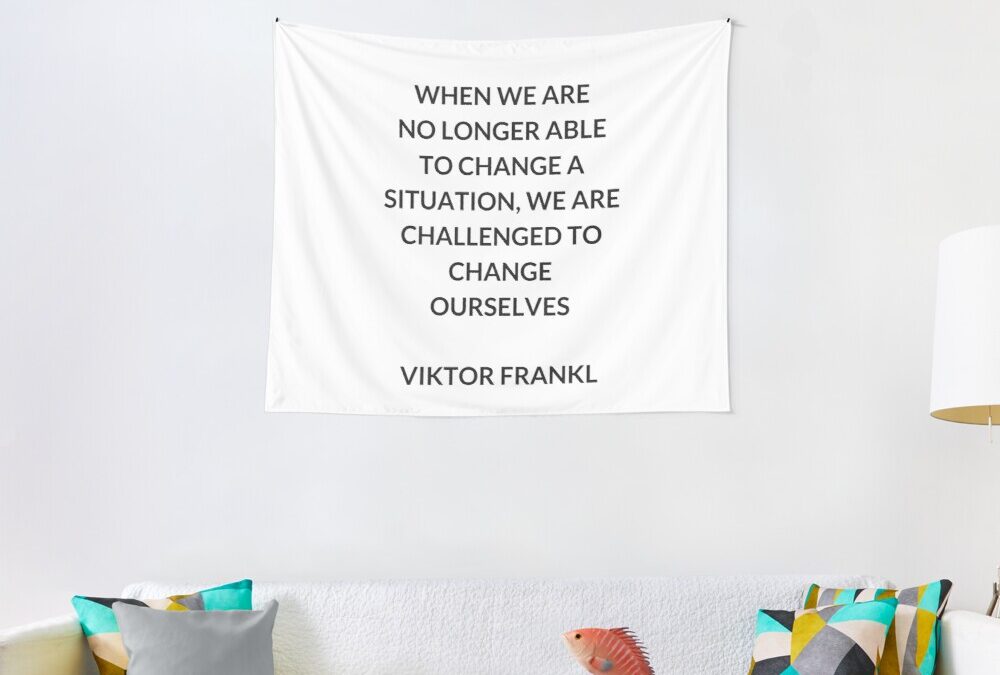Passed along by Fall 2020 Cohort member Kelly Jane Thomson –> READ FULL ARTICLE HERE in Psyche Magazine
“Viktor Frankl, the Austrian neurologist, psychiatrist and Holocaust survivor, argued in a postscript to his memoir Man’s Search for Meaning (1946) that in the midst of despair, tragedy and suffering we can still find – indeed, create – meaning by embracing what he called ‘tragic optimism’. This odd kind of optimism allows us to remake ourselves and our worlds, despite what Frankl calls the ‘tragic triad’ of pain, guilt and death.
It is to Frankl’s ‘tragic optimism’ that we might turn in the midst of trauma. Tragic optimism is found in the story of the Brooklyn ICU nurse who chooses to stay by the bedside of a dying COVID-19 patient, bearing witness to his suffering. Fully cognizant of the trauma of death in isolation, she offers a counternarrative by taking an attitude towards his soul that restores his lifeworld, and her own, even if a little. She bears witness in silence and in spoken narratives – ‘You are not alone.’ Her actions remake the trauma into something more meaningful: the isolation of human suffering and death is no longer unintelligible, but shared through a profound experience of compassion. And while her actions might not be life-saving in that most basic sense, they are world-saving for the patient, for whatever time remains.
So tragic optimism calls for letting go of our happiness-seeking tendencies. We face the difficult process of world-repair through the restoration of meaning – through our work, our relationships, and through engaging with suffering itself. And what this requires is not a denial of trauma’s existence, of its destructive powers, but the deliberate decision to act in ways that affirm our shared humanity by sustaining each other’s lifeworlds.
Trauma is not a virus to be medicated away, nor a tale to be forgotten, nor a deep sadness to be replaced with reckless optimism. What it can be is a catalyst for different stories – better stories – about who we are, what we value, and how we might live in the ‘after’. And these stories are not happiness-seeking – they are meaning-making, meaning-remaking. They are the narratives of tragic optimism that don’t fall prey to comfortable amnesias or myths of human invulnerability.”
Passed along by Fall 2020 Cohort member Kelly Jane Thomson –> READ FULL ARTICLE HERE in Psyche Magazine
Anna Gotlibis an associate professor of philosophy at Brooklyn College in New York, specialising in bioethics, moral psychology and philosophy of law. She is the editor of The Moral Psychology of Sadness (2018) and The Moral Psychology of Regret (2020). In January 2020, she was a Fulbright Specialist Scholar at the University of Iceland.

Recent Comments